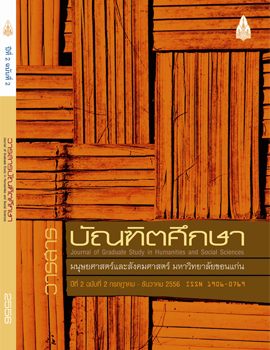Woven Lives: Sisterhood and Feminism
Keywords:
feminism, gender, organic feminism, sisterhood, women’s movementAbstract
The study explores the lives of seven sisters; the Cabrera sisters namely: Lorena, Abcede, Penelope, Minerva, Nelfa, Nemesia and Lualhati through the stages of their lives from childhood, adolescence, adulthood and through their old age. These women were born between 1920 & 1940. They survived the Second World War and witnessed the changes in their society until the present time.
Their stories reflect the struggles and changes in the women’s movement both in the Philippines and in the world in general. Oppression and discrimination happen in all institutions of society: family, Church and educational institutions. Throughout the women’s lives, they experienced oppression from the simplest forms to the worst. In the family, in many societies, particularly in Asia, sons are favored over daughters. Sons are given more responsibility in decision-making because they are believed to be the pillars of the families, while daughters are just seen as reproduction vehicles only since they cannot carry the name of their fathers upon marriage. At the workplace, sexual harassment and other name-calling is mostly experienced by women. In schools, service-oriented courses like nursing, tourism, and teaching are considered “women’s courses” because they are an extension of the domestic services women have traditionally provided in the home, while engineering, and other science-based courses are mostly taken by men since they are considered “rational”. Until now, some churches like the Catholic Church still prohibit women to become priests.
The research here tried to understand the meaning of sisterhood among the siblings and the women’s movement; as well as the innate feminism among the Asian women, which we call “organic feminism”.
Organic feminism is not influenced by Western form of feminism instead it is in every Asian woman’s psyche due to their shared experiences of oppression, exploitation and discrimination, not only among the men but also among other women.
The research strengthened the belief of other feminists in Asia, that Asian women are organic feminists that could be further strengthened in our fight against oppression and discrimination. Furthermore, organic feminists do not only see women as oppressed in the way the poor, differently-abled or children are seen regardless of sex and gender. Rather, they are seen as agents of change in society.







